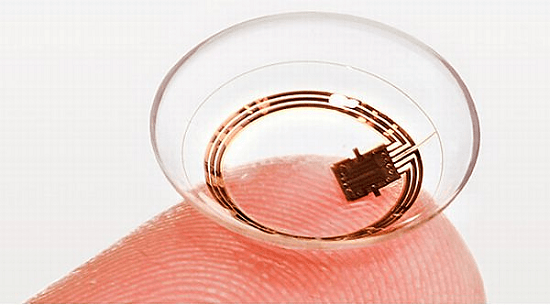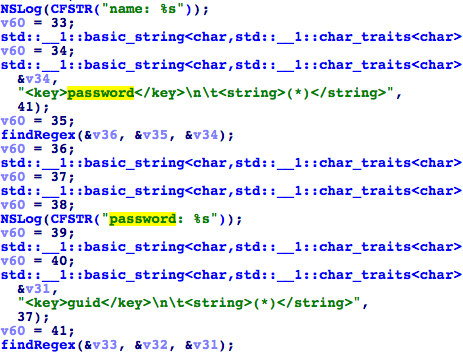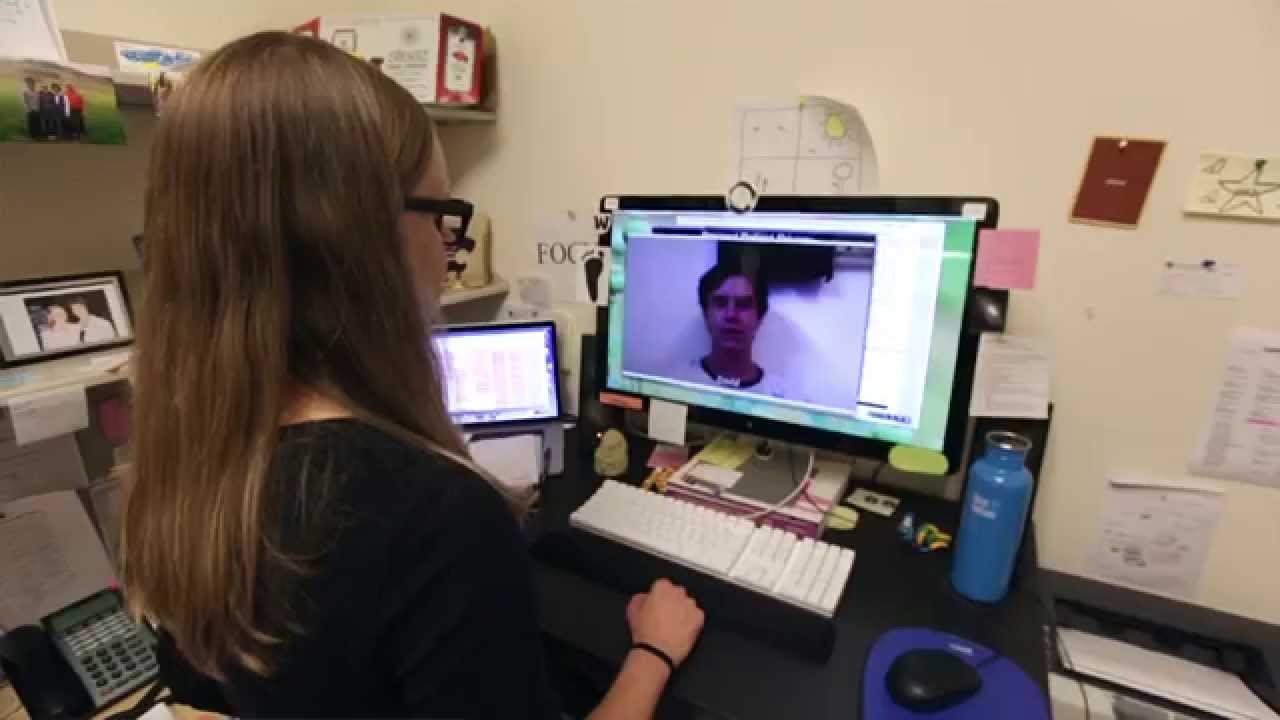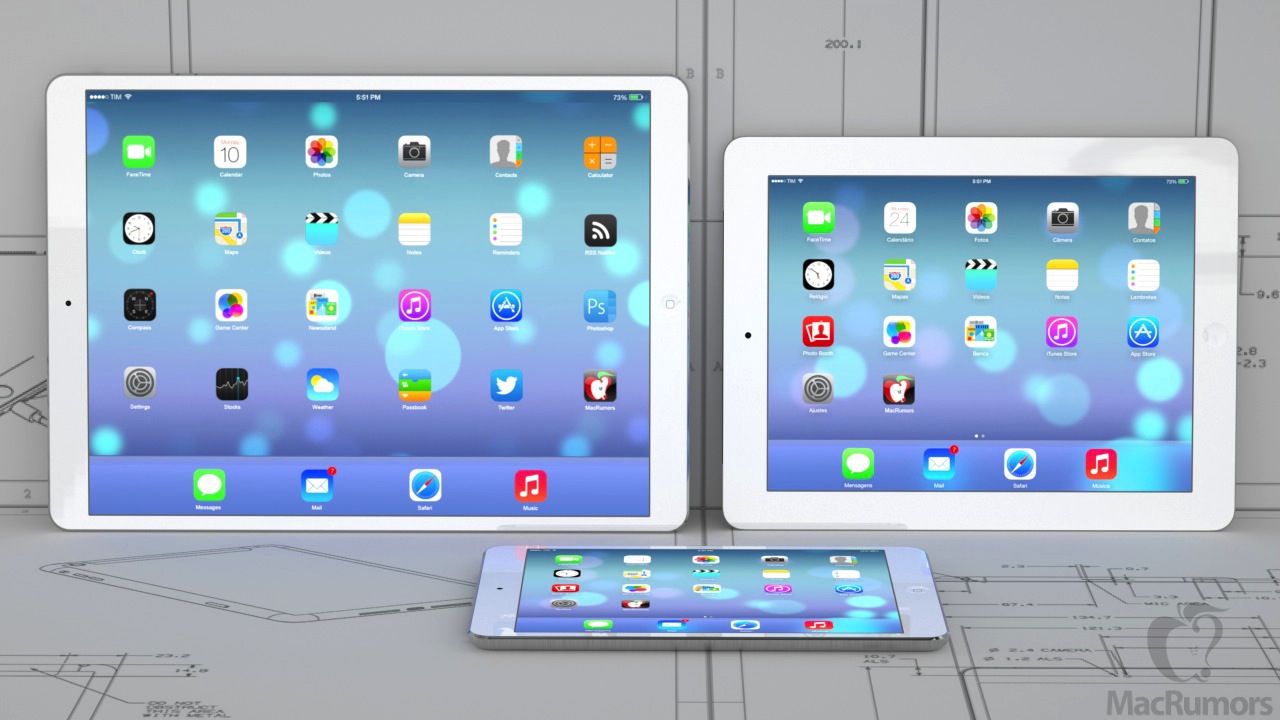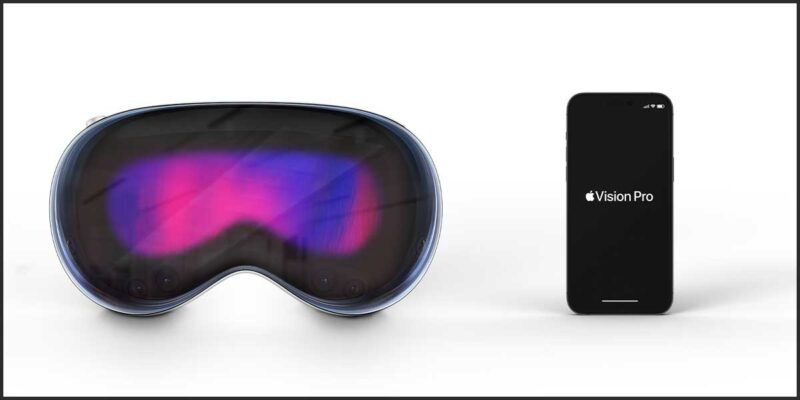Convergent TechWeek 9/4
Google Life Sciences to Focus on Diabetes Outcomes Through Data and Disease-Centric Approaches
Earlier in the week, it was reported in WIRED (and other publications) that the newly created Alphabet holding company’s Google Life Sciences has its first big mission — developing new ways to treat and manage diabetes. In a sign that the company is serious about making real progress, Google Life Sciences is pooling expertise in science and tech with Paris-based pharmaceuticals giant Sanofi to work on more integrated ways to collect, analyze and understand information – and in doing so, hopefully make it easier for patients to better manage and lower the cost of the chronic disease.
Google points out that sudden fluctuations in blood sugar cause the worst outcomes for diabetes patients, such as heart disease, strokes, and nerve damage. Through its data-centric work with Sanofi, Google hopes providing doctors and patients with better information could help prevent or mitigate these fluctuations. As it turns out, Google Life Sciences already has some history with diabetes as the division has already developed a contact lens for measuring blood glucose levels, and it recently signed a deal with medical equipment company Dexcom to develop a cheap and convenient continuous glucose monitoring device.
Google has in recent months also hired prominent scientists, including immunologists, neurologist and even nanoparticle engineers.
As Apple Account Thefts Go – This IS the Big One
It was reported in TechCrunch that In what’s being called the “largest known Apple account theft caused by malware,” security specialists Palo Alto Networks last Sunday released a report (*) detailing a new form of iOS malware that it’s calling “KeyRaider,” which is responsible for stealing the account information from over 225,000 Apple customers.
According to the Palo Alto Networks published report, KeyRaider targets jailbroken iOS devices and is distributed through third-party Cydia repositories. In total, it appears this threat may have impacted users from 18 countries including China, France, Russia, Japan, United Kingdom, United States, Canada, Germany, Australia, Israel, Italy, Spain, Singapore, and South Korea.
KeyRaider as pointed out has successfully stolen over 225,000 valid Apple accounts as well as thousands of certificates, private keys, and purchasing receipts. The malware uploads stolen data to its command and control (C2) server, which itself contains vulnerabilities that expose user information.
Vidyo-enabled Healthcare Consultations Aim to Increase Efficiency, Improve Patient Outcomes
It was recently announced that the Barbara Davis Center for Diabetes (BDC) at the University of Colorado Anschutz Medical Campus, together with Children’s Hospital Colorado, is piloting a first-of-its-kind clinical program, leveraging video conferencing technology from Vidyo, to help teens and young adults better adapt to living independently with Type 1 Diabetes (T1D) by providing real time, face-to-face access to their physicians and group interaction with other young adults living with T1D.
Prior to this program, approximately one third of the participating patients had not seen a diabetes doctor in the past five or more months (the American Diabetes Association (ADA) recommends visits every three months).
“Young adults struggle more with management of their diabetes than any other age group and are at high risk for hospitalizations, lapses in medical care and early complications,” said principal investigator Jennifer Raymond, MD, assistant professor of pediatric endocrinology at the University of Colorado Anschutz Medical Campus, who is leading the program. “Utilizing telemedicine and leveraging the Vidyo technology to let young adults meet conveniently – anywhere from any device – engages this group in a new way to help them take charge of their health and prevent unnecessary complications.”
Following recruitment, 100 percent of patients were seen within the ADA’s recommended time frame via a Vidyo-enabled appointment. Initial feedback from participants on the Colorado Young Adults with Type 1 – CoYoT1 (“coyote”) clinic experience includes:
- 100 percent of participants felt comfortable talking with a doctor online
- 95.5 percent of participants are comfortable using online technology
- 95.5 percent would like to have another online appointment
- 95.5 percent did not feel they lost time from work or school to attend the appointments
“Reliability and support across devices and networks are strengths of our technology and are essential to the success of the CoYoT1 study and ensuring that quality of care is not sacrificed for convenience,” said Eran Westman, CEO, Vidyo. “Vidyo is optimistic that the research conducted by the Barbara Davis Center and Drs. Raymond and Thomas will affirm the benefits of video-enabled healthcare: better patient outcomes, reduced travel time and overall cost savings.”
Ready Enterprise? The iPad Pro is About to Launch
According to ZDNet, reports are circulating that Apple is preparing to unveil a larger, enterprise and power-user focused iPad called the iPad Pro. But wait – that means that you’ll be able to get your hands on one very soon, right? Seriously…
The company is set to launch a larger “business-friendly laptop replacement” iPad which will be able to take advantage of new split-screen features (and more) found in iOS 9. The device is expected to have a 12.9-inch display with 2048 x 2732 screen resolution and its noted that a faster, more powerful Apple-designed processor is expected to be inside the larger tablet.
Availability of the new iPad Pro at this moment isn’t expected until November, although pre-ordering of course will start before then. Just wait for those massive lines at the Apple Store.
Linking ARMs on Internet of Things analytics
IT industry giant IBM and the world’s leading semiconductor IP company ARM, have announced plans to join forces to integrate the IBM Internet of Things platform (dubbed IBM IoT Foundation) with ARM technology – to boost IoT device analytics capabilities across the industrial, weather and wearable industries, among others.
This partnership will allow developers who are building products that use ARM’s mbed operating system to link their devices to IBM’s specially designed cloud for the Internet of things, with what’s determined to be very little effort. ARM’s new OS isn’t actually publicly available (although developers can get beta versions of the operating system), but it’s designed to run on small microcontrollers that are used in sensors and embedded devices – such as appliances or activity trackers.
With IoT Foundation, IBM is making the case that it has everything developers need in one reputable cloud as compared to the numerous cloud services on the market. The link with ARM should help the engineers at a big name company or startup so they don’t have to worry about the mechanics of connecting their device to the Internet and offloading the data. Instead, they can just make it happen with a few clicks on a cloud dashboard.
According to the firms, “this fusion will allow huge quantities of data from devices such as industrial appliances, weather sensors and wearable monitoring devices to be gathered, analyzed and acted upon.”
HR, Wearables and Wellness
A very interesting wearables-related story about how FitBit is changing the way HR departments implement corporate wellness programs appeared in CIO.com as it details how companies have discovered that not only is it strategic in terms of better business and productivity to keep employees happy, healthy employees ultimately cost a company less money in the long run than unhealthy employees, this according to a report in the Harvard Business Review.
One trend that has emerged, thanks to technology, is equipping employees with fitness trackers to motivate them towards their fitness and ultimate wellness goals. One of the more popular choices is FitBit which offers several models of fitness trackers, making it a great option for businesses.
In the past, organizing a wellness event required paperwork, pedometers, handwritten notes and a lot of time and energy for HR people, on top of their other responsibilities. Employees would have to fill out forms outlining their exercise for the past month, which in turn lent itself to limited accountability as well as a lack of verification. With the FitBit program, HR can simply get down to analyzing the data that’s presented through the technology.
“There really isn’t a one size fits all program, and there’s a really broad definition of what corporate wellness means,” says Amy McDonough, vice president & general manager of Fitbit Wellness, “So it can be everything from a stepping or walking based program — and that’s maybe an easy place to get started and get your team engaged — to everything that ties back into a benefits design and program.”
The article does state how Fitbit is a game-changer – we’ll let that one go…
Google Life Sciences Makes Diabetes Its First Big Target
KeyRaider Malware Responsible For Possibly Largest Known Apple Account Theft To Date, Affecting 225,000 Users and (*) Palo Alto Networks report on KeyRaider
Vidyo Helps Pioneering Clinic Treat and Empower Young Adults with Type 1 Diabetes
Get ready enterprise: iPad Pro reportedly launches next week
IBM, ARM link arms on Internet of Things analytics and Have IBM and ARM made an idiot-proof industrial internet pairing?
How HR uses fitness trackers to increase company wellness



